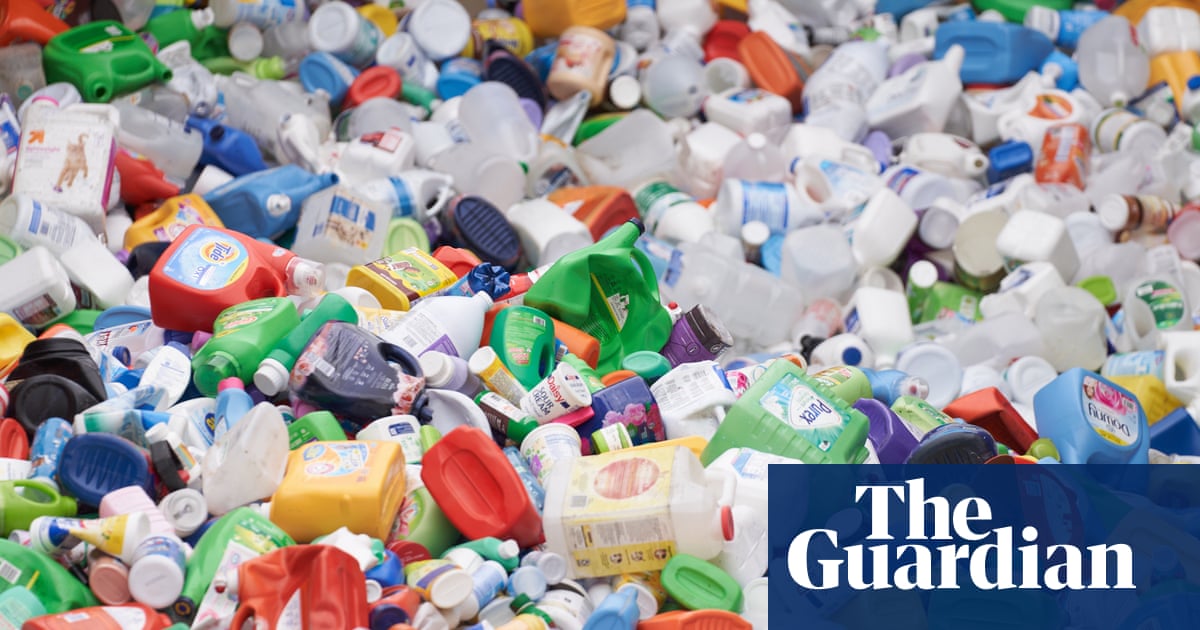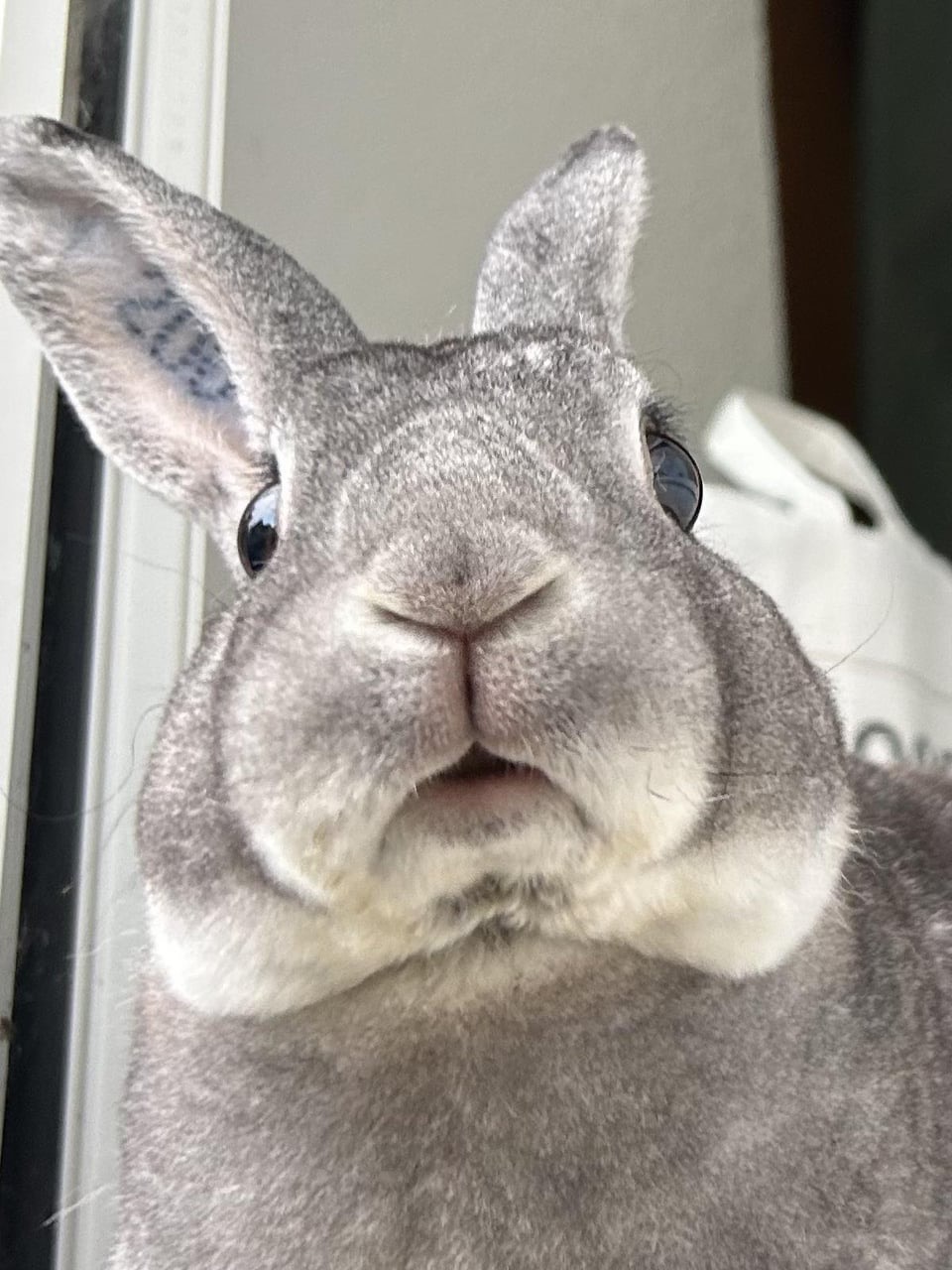inb4 microplastics found in paracetamol
Plastic waste has been a real headache for scientists lately, this solution would cure that headache in more ways than one
Soothe headaches, destroy livers but no more microplastics. I mean, why not.
Ya this sounds like a solution that could solve plastic waste by polluting the planet with extreme amounts of some other compound, and ultimately be far worse.
Note that this works for PET (It’s a pet peeve of mine when these articles just say “plastic” in a way that makes it sound, like this can recycle all types of plastics), and more precisely, PET after chemical processing into something else, useable by the modified bacteria. While still a great avenue for recycling, the article does not elaborate how feasible this could become in large scales (unless I missed a sentence or paragraph, that can happen with my brain.):
The team made their discovery when they took polyethylene terephthalate (PET) – a type of plastic often found in food packaging and bottles – and, using sustainable chemical methods, converted it into a new material.
When the researchers incubated this material with a harmless strain of E coli they found it was converted into another substance known as Paba in a process that must have involved a Lossen rearrangement.
Crucially, while the Lossen rearrangement typically involves harsh laboratory conditions, it occurred spontaneously in the presence of the E coli, with the researchers discovering it was catalysed by phosphate within the cells themselves.
The team add that Paba is an essential substance that bacteria need for growth, in particular the synthesis of DNA, and is usually made within the cell from other substances. However, the E coli used in the experiments was genetically modified to block these pathways, meaning the bacteria had to use the PET-based material.
The researchers say the results are exciting as they suggest plastic waste can be converted into biological material.
“It is a way to just completely hoover up plastic waste,” said Wallace.
The researchers then genetically modified the E coli further, inserting two genes – one from mushrooms and one from soil bacteria – that enabled the bacteria to convert PABA into paracetamol.
The team say that by using this form of E coli they were able to turn the PET-based starting material into paracetamol in under 24 hours, with low emissions and a yield of up to 92%.
While further work would be needed to produce paracetamol in this way at commercial levels, the results could have a practical application.
Yeah because paracetamol, and most other modern drugs, are purely petroleum-based. Thank the Rockefellers for that!
“People don’t realise that paracetamol comes from oil currently,” said Prof Stephen Wallace, the lead author of the research from the University of Edinburgh.
TIL: https://newatlas.com/science/paracetamol-manufacturing-trees/
We have a former chemist working in our department and I talked to him about skin care etc and I mentioned Vaseline and said that it’s made from or is a byproduct of refining oil. He said something along the lines of “yeah, basically everything is”.
His view was probably warped, but still an interesting point
To be fair, Vaseline literally says ‘Petroleum Jelly’ on the label. They’re not hiding it as ‘headache relief.’
It’s obvious in English, but the conversation was in German (we’re both German) and the literal translation is barely used (Petrolat or Petrolatum). My point wasn’t that Vaseline is also made from petrol, but that a lot of stuff is, and Vaseline was barely the topic where the fact was dropped.
No, it’s actually crazy.
Clothing. Chewing gum. Carpets. Detergents (meaning most “soap”). Paint. Glue.
Packaging (obviously), but the paper and metal stuff usually has a plastic coating
If you aren’t sure what something is made of, it’s probably petrochemical… And even then, there’s likely some coating or binder
But isn’t that probably ok? Packaging is an irresponsible application but aren’t the others modern marvels? Like if we didn’t use petroleum for fuel, would the world be ok with those other uses?
Lol hell no.
We had all that before! The old solutions were better in almost every way but cost. It also didn’t fill the world with micro plastics
You can still get real soap, it’s better for your skin. You can still get real clothes, they’re far more durable and lasts hundreds of times longer. You can buy real gum, I haven’t found any to try yet but apparently it doesn’t keep flavor for as long, but it also doesn’t fill your body with micro plastics
Obviously there’s exceptions - like glass made with plastics are an actual modern marvel. Some healthcare devices basically require certain plastics
This sounds like something you’d hear about in Fullmetal Alchemist.
full plastic alchemist
nilered is gonna be proud
I was just thinking that. We should check whether these scientists are all just three NileReds in a trench coat.
*labcoat
I like paracetamol.
Getting bacterial enzymes that can break down HDPE is tough. I read that the issue is there isn’t a good place for the enzyme to “dig in” on the polymer strand.
We often use plastic because bacteria can’t break it down.
Yup but it is a catch 22.
While many plastics have a really bad reputation for recyclability, isn’t HDPE (#2 plastic) one of the few stand outs that recycles very well?
The problem is how much of it never makes it to the recycling stream worldwide. Picking it out of the environment is labor intensive. Bacteria munching it down would be more effective.
If you’re at a point where you can feed it to bacteria, you’ve already separated it from the environment and the waste stream, right? How else are you going to feed it to bacteria?
You know that bacteria exist in the wild normally, right? That is where they’ve been for 5 billion years.
Wait, are you suggesting releasing bio-engineered bacteria that destroys plastic randomly in the wild? You don’t see any practical problems that would cause?
Why would it be random? We are already releasing huge amounts of artificial chemicals into the wild.
Why would it be random?
Perhaps I should have used the word “uncontrolled” instead of random. If you’re expecting this bacteria to work against, say, a field with plastic litter in it, its going to be in contact with lots of other things made of plastic that aren’t waste. If the bacteria is able to self replicate, and you’ve released it into the wild, you’ve effectively killed the use for nearly all plastics as things that are still in use will be decomposed.
We are already releasing huge amounts of artificial chemicals into the wild.
Thats a bizarre argument. That would be like saying: “We have lots of murders in the world, so why not intentionally murder more people?”
Mix it with some OG Kush for Slippery and Sneaky effects







